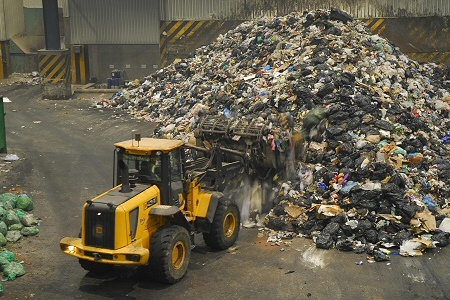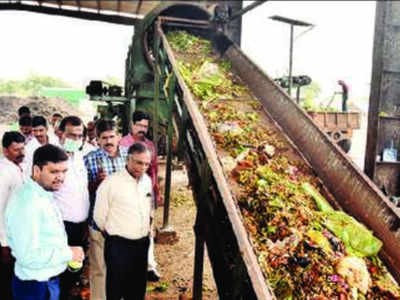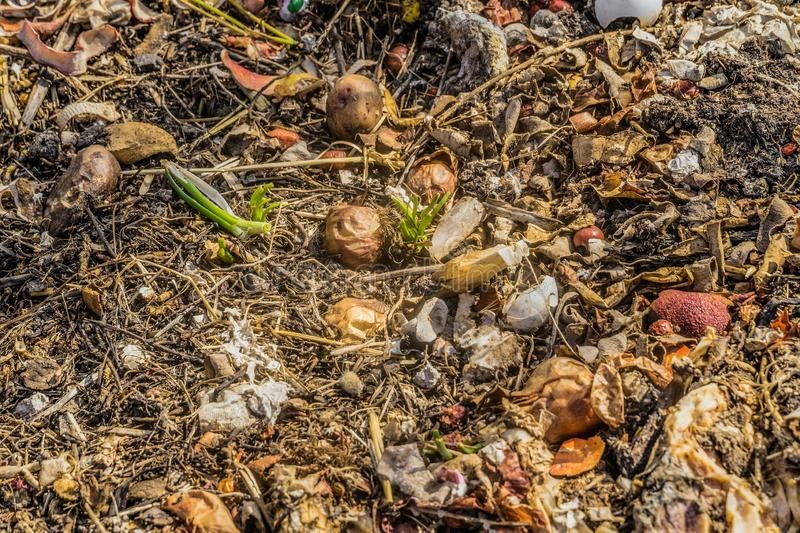
USES :
RDF can be used in a variety of ways to produce electricity or as a replacement of fossil fuels. It can be used alongside traditional sources of fuel in coal power plants.
The main limiting factor for RDF use in cement kilns is its total chlorine (Cl) content, with mean Cl content in average commercially manufactured.
RDF can also be fed into plasma arc classification modules & pyrolysis plants.
RDF can provide a funding source where unused carbon credits are sold on the open market via a carbon exchange.
Boiler fuel for drying, Industries, Agriculture.
Fuel for independent power generation of plant
What are the advantages of RDF?
The main advantage of RDF is conversion of waste into energy which helps in effective handling of Municipal Waste.
The other advantage includes the problem associated with Solid Waste Management and Fossil fuels are eliminated.
RDF is one of the alternative and renewable resources of fuel which is derived from municipal waste. Production and utilization of RDF leads to green environment.



